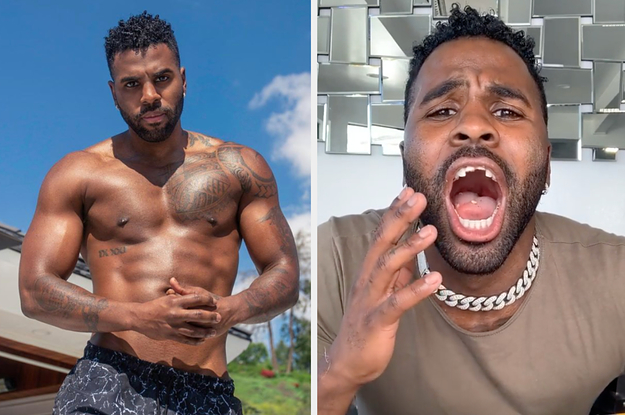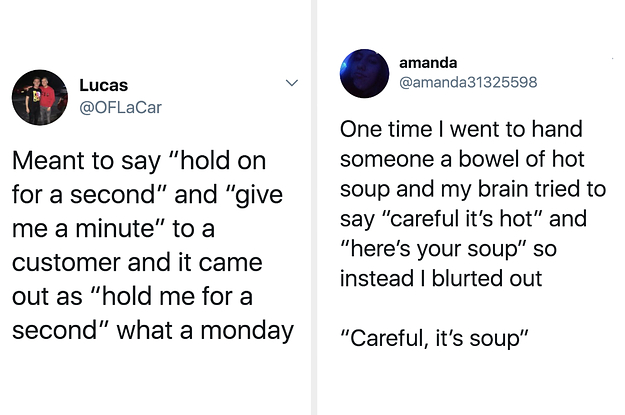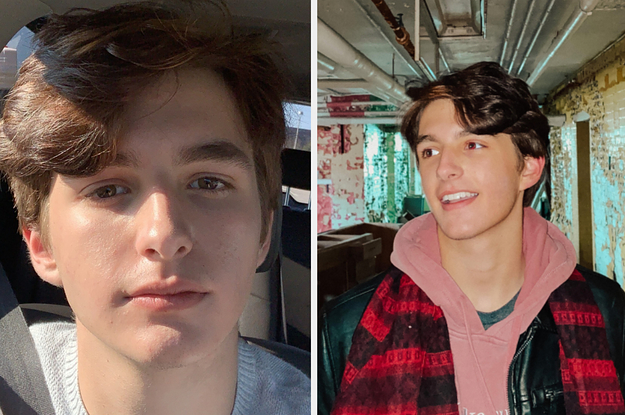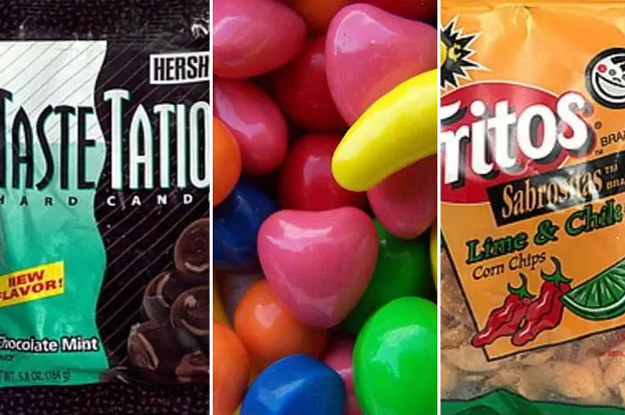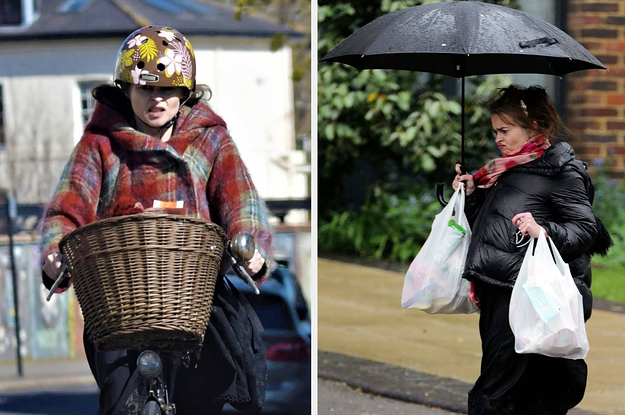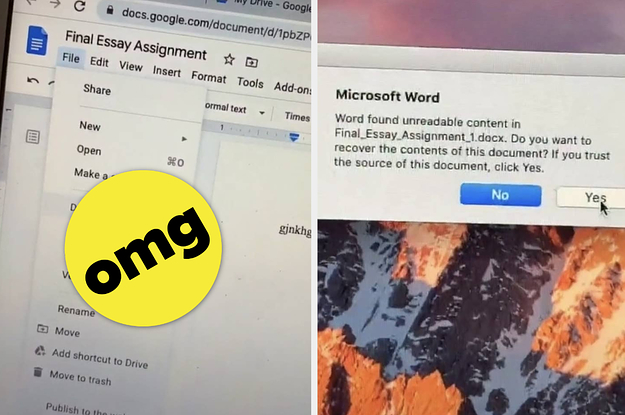Category: News
Category Added in a WPeMatico Campaign

The coronavirus pandemic still killing thousands around the world and in the United States each day has had an unprecedented impact on the worldwide economy. It’s difficult to understand the scale of the pandemic for a variety of reasons, but one specific case that’s clear is the bankruptcy declaration by the XFL.
The rebooted spring football league started by WWE owner Vince McMahon’s Alpha Entertainment got its start this spring but was forced to shut down and abandon its inaugural season as the pandemic’s impact became clear in the United States by March. The league soon declared bankruptcy, effectively ending the dream of two pro football leagues finding sustained success.
But according to a report by The Athletic’s Daniel Kaplan, there’s some evidence to suggest that McMahon is not done with the XFL just yet. As the report detailed, some creditors to the XFL think McMahon is actually trying to force a quick sale of the defunct league’s assets to him in an attempt to reboot the rebooted league once again when the coast is clear.
It’s all a bit complicated, but the report details some of the legal proceedings currently underway that indicate something strange is happening in the league’s bankruptcy case. The article openly wonders if the league declaring bankruptcy three days after its shutdown is a “cutthroat finance ploy” to survive the pandemic without paying the full cost to operate the league.
A committee of unsecured creditors had plenty to say Tuesday in a series of court filings. Objecting to Alpha Entertainment’s proposal to pay $3.5 million in season ticket refunds, the committee wrote, “This is an unnecessary expenditure designed to buttress the Debtor’s argument that an abbreviated sales process is required and is being sought to further the efforts of the debtor’s controlling equity holder/secured lender, Vincent McMahon (“McMahon”), to acquire the debtor at a fire-sale price. … The debtor cannot possibly know at this time whether issuing refunds to season ticket holders will preserve the value of the debtor estate’s or benefit any creditor, other than possibly McMahon.”
In other words, the only reason to pay season ticket holders for games they did get would be to ensure goodwill to McMahon for if and when he returns with the XFL. The season ticket holders are unsecured creditors, so the chances they get paid in an orderly liquidation would be remote.
The committee also questioned why XFL headquarters is still open and executives like Pollack are drawing salaries.
Essentially, movements Alpha is making in these bankruptcy proceedings and some inquiries made in NFL-less markets like St. Louis have made some there wonder if Alpha Entertainment is not trying to make the most of the bankruptcy but reposition itself for yet another attempt at restarting the league. Doing it this way, in theory, would be much cheaper than simply putting the league on ice such as more established organizations like the NHL and NBA.
Kaplan’s report has many more details and information about the proceedings, as well as further reasons to think McMahon is actually making a bid for the defunct company. There was plenty to like about the TV product that the XFL provided, and it will be fascinating to see what happens with the bankruptcy and a potential sale of the league’s assets moving forward.
[via The Athletic]
SNL‘s 45th season may officially be in the books thanks to three SNL At Home episodes filmed from the comfort of the cast members’ own abodes, but the leftover sketches from those sessions keep hitting the interwebs. The latest came on Tuesday, when the show’s YouTube page shared a tour of “Your House.”
“Looking to get away?” the voiceover asked. “Then look no further than the only place you’re allowed to go right now.”
The wrestling-style promo highlights all the features of a lived-in dwelling in the middle of a Stay At Home order, which is what got SNL into this kind of thing to begin with.
“You’ll know you’re in the right place when you see the disorganized pile of shoes by the door,” the voice says.
Billed as a look at the “the yoga mat that’s slowly becoming a rug” and plates in every single room. A running bit is about the little things eschew like loose AAA batteries everywhere, and just generally what happens when you’re trapped in the same place for a long time as life goes on. Perhaps the most improbably impressive joke from the sketch is the existence of a clearly-expired ketchup bottle advertising the Sochi Winter Olympics, which took place in 2014.
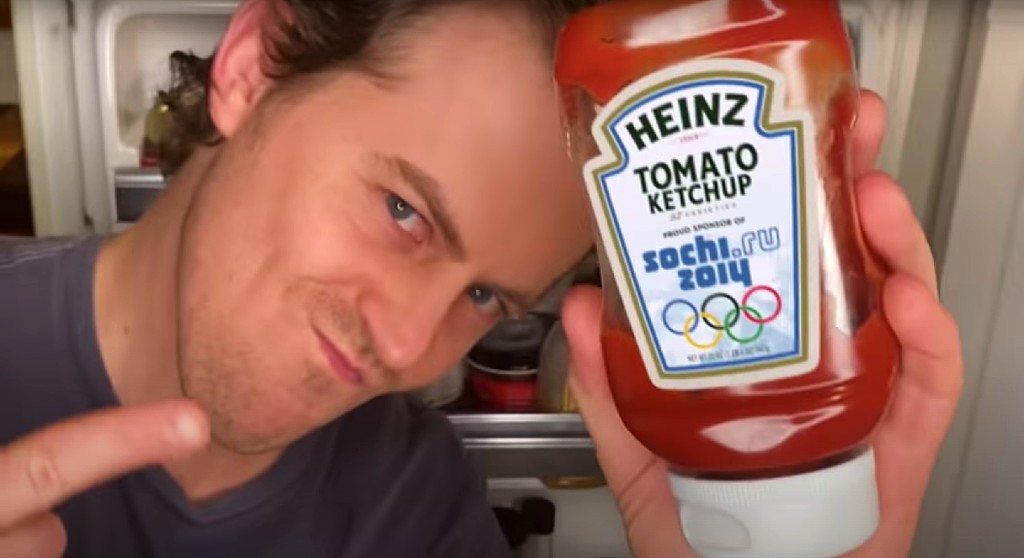
And while not everyone may have a broken gas oven worthy of emergency attention of disrespectful children running around, there are some more universal things in the sketch. A random jutting nail that ruins socks, for example, as well as the idea that everyone has some expired medicine in the cabinet and a random “drawer of sh*t.”
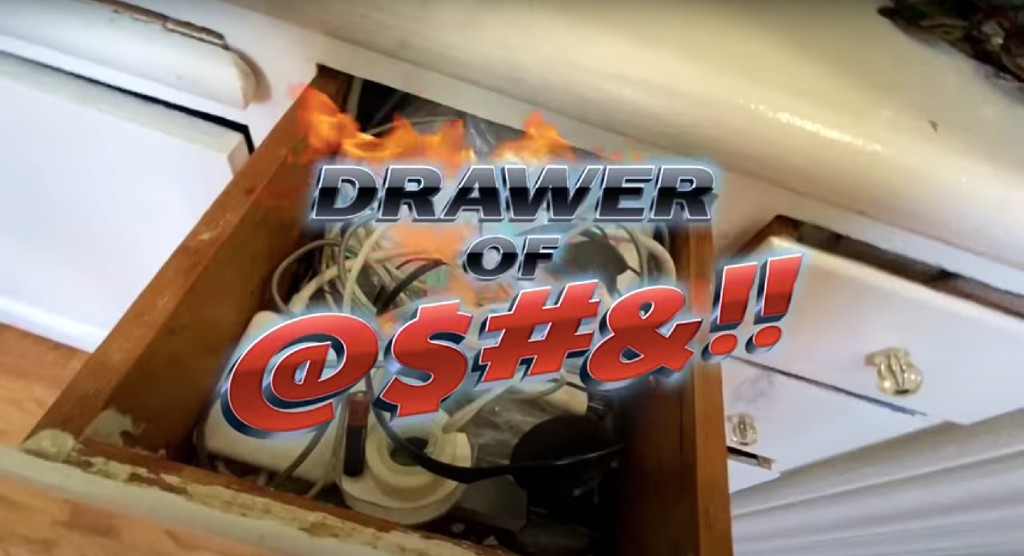
The sketch joins a belated Animal Crossing segment where the islanders are much meaner than they are in the actual game. It’s unclear how many more unaired sketches are left in the SNL At Home catalog, and if they keep coming as life in quarantine continues. But this one certainly hit close to home for many.

